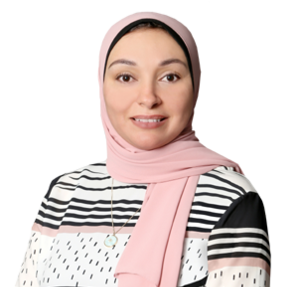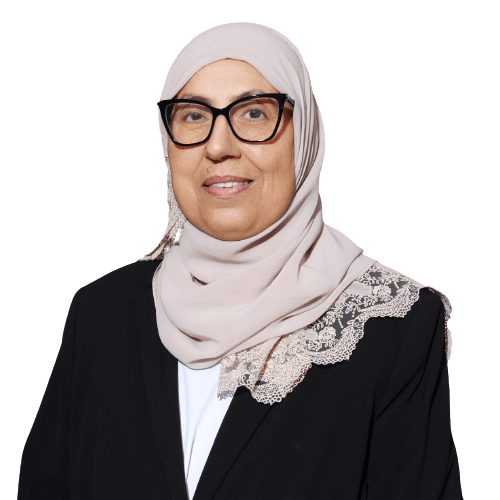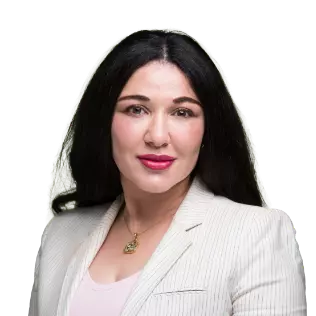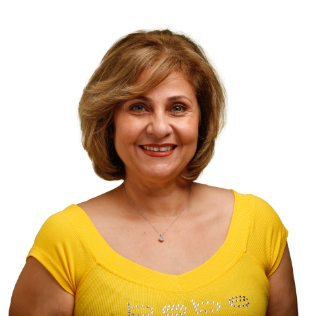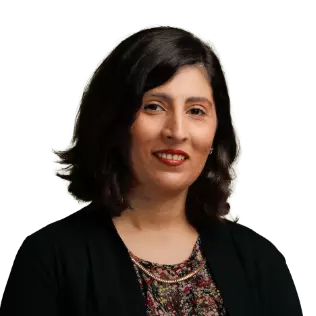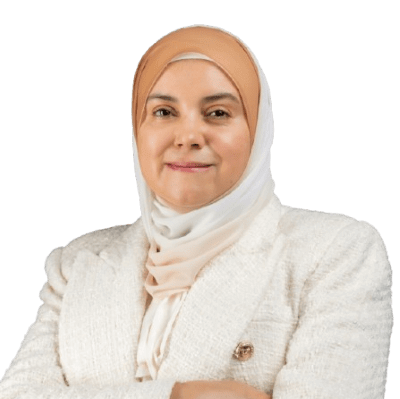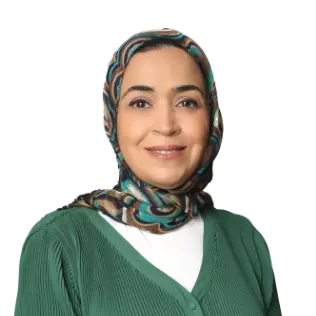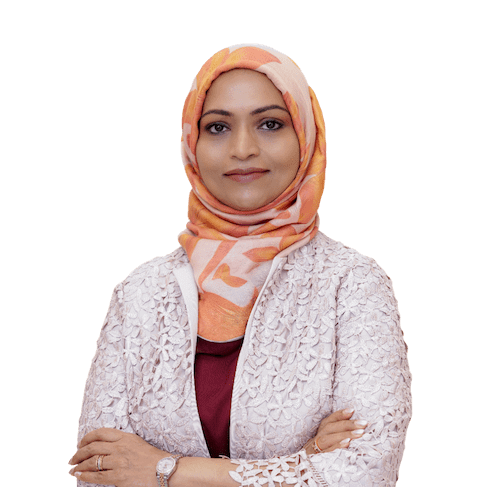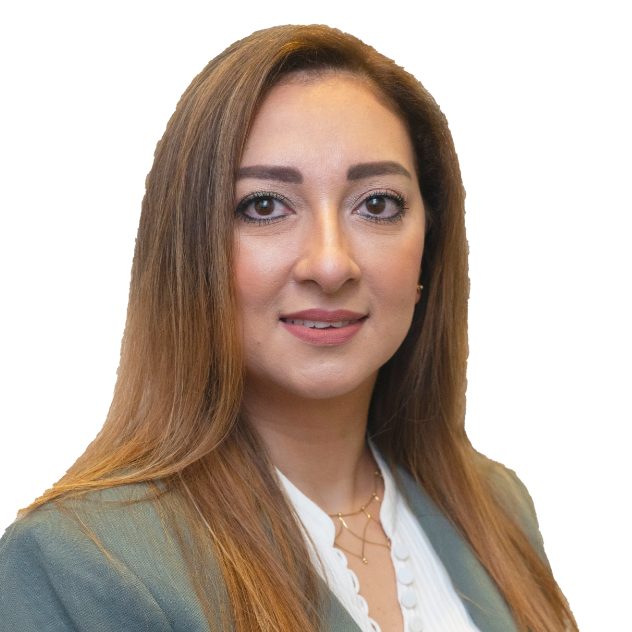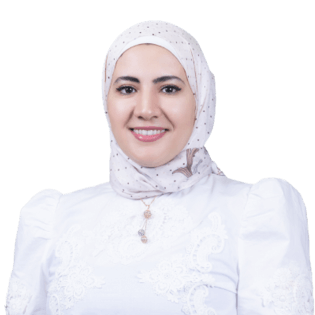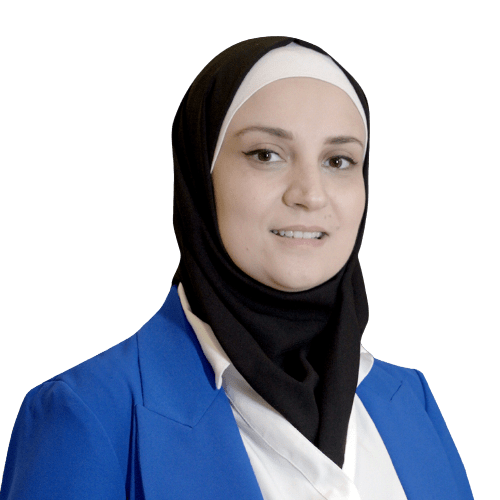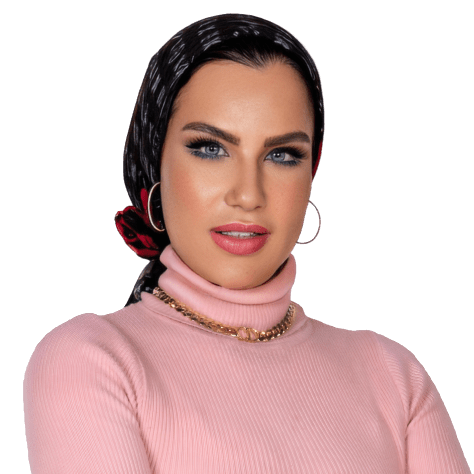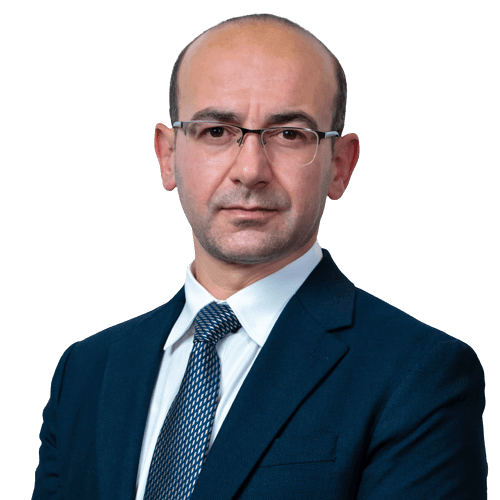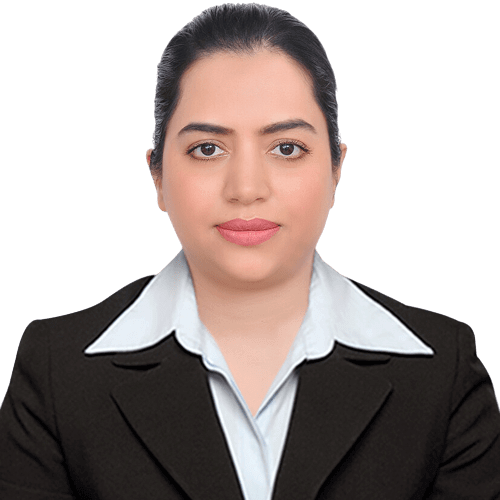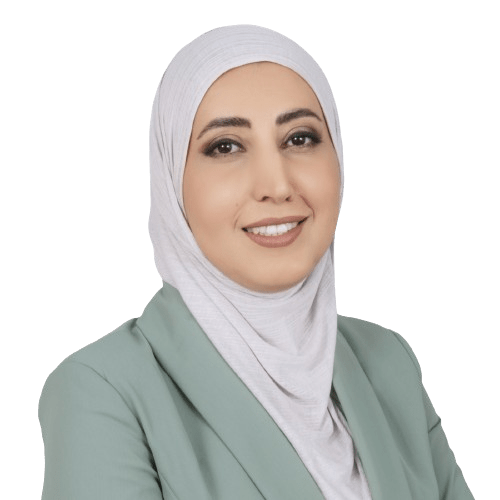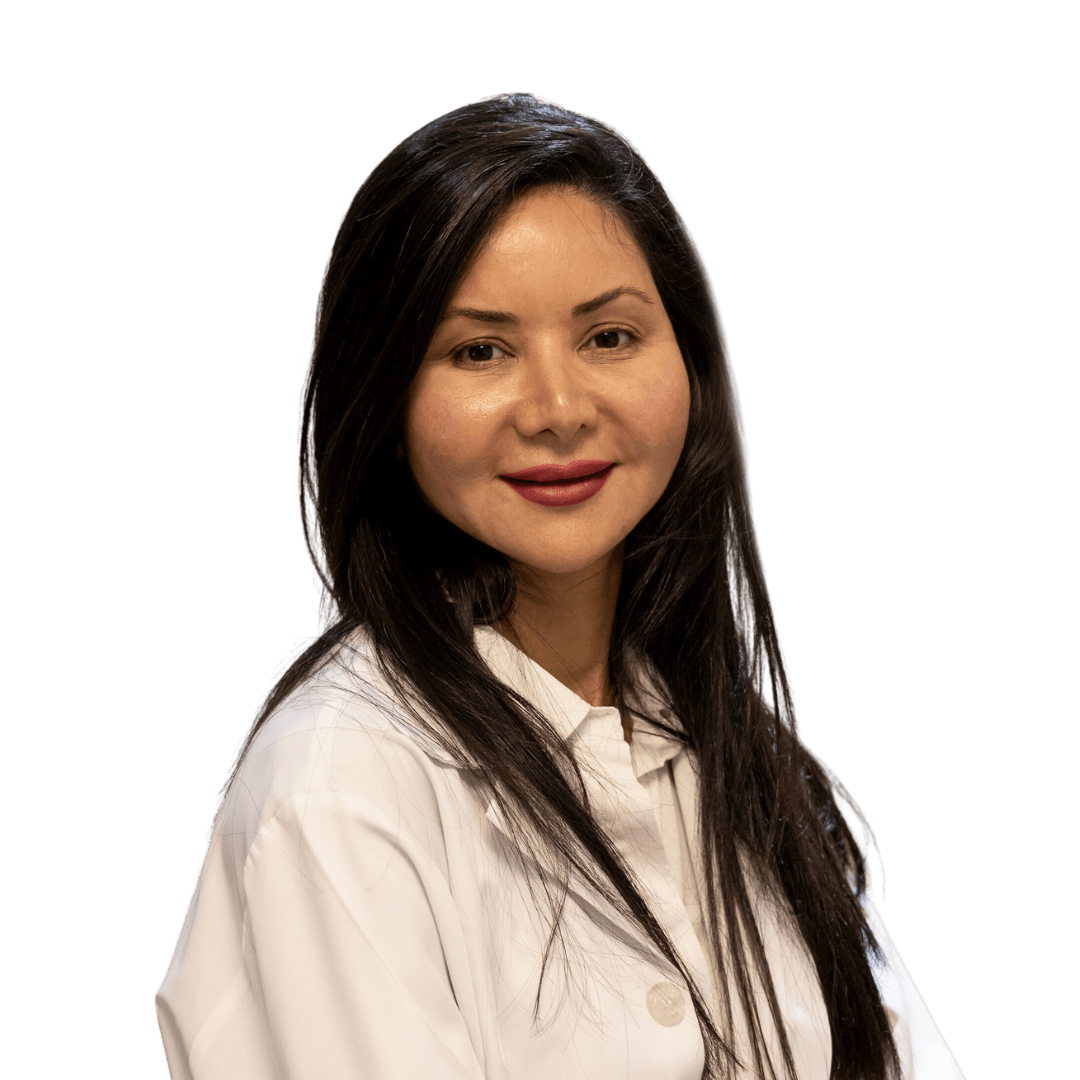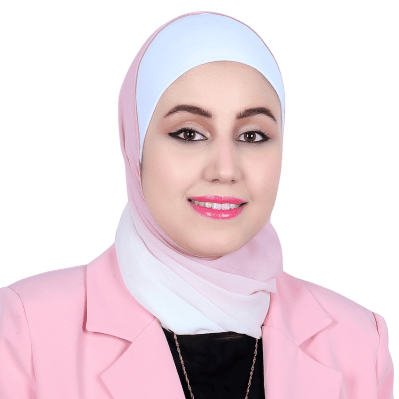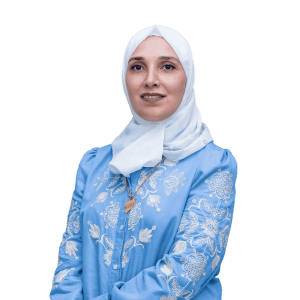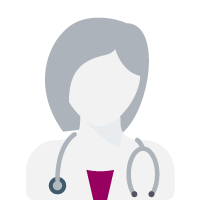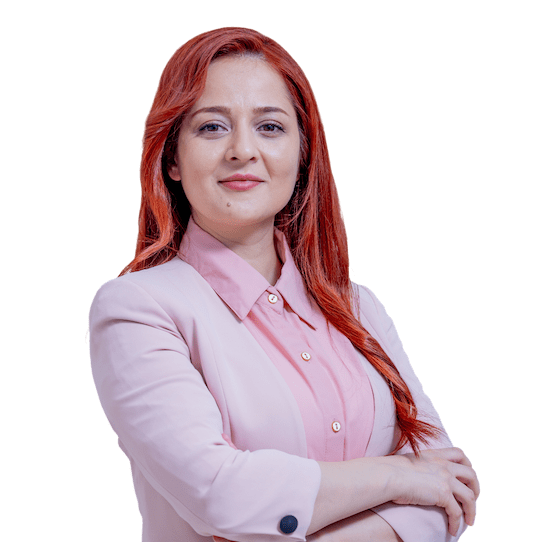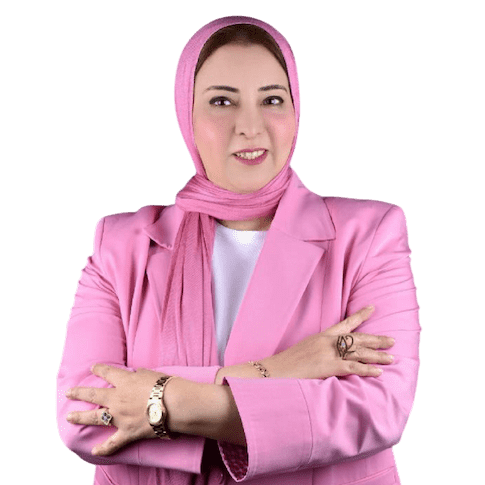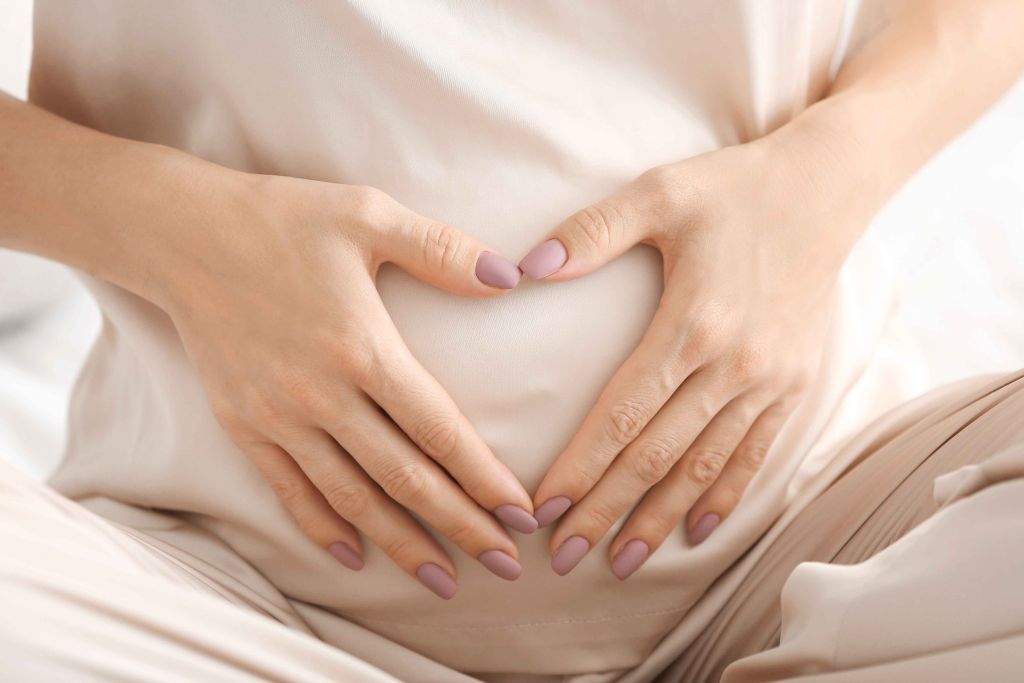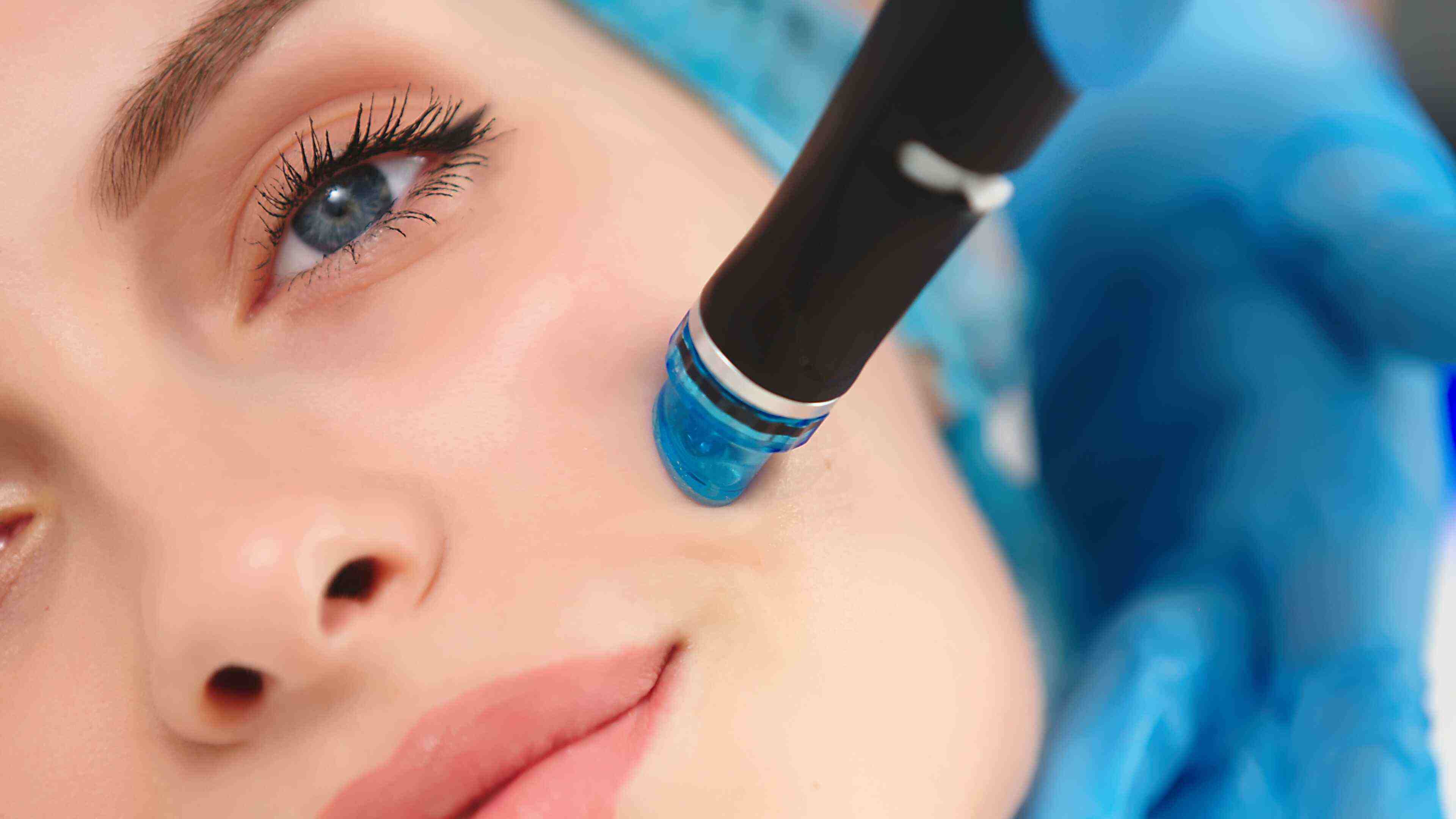Written By: Dr. Shireen Hassan Aboelmati
Dr. Shireen Hassan Aboelmati is a specialist in Dermatology & Aesthetic Medicine at Medcare Medical Centre Marina & Al Barsha. She completed her bachelor of medicine & surgery as well as her master's degree in dermatology from the prestigious Alexandria University.
Updated On:December 21, 2023
Read more.

What is Psoriasis?
Psoriasis is an autoimmune condition in which cells develop faster than usual on the skin, leading to thick, scaly plaques that itch & cause discomfort. Psoriasis comes in many different forms, depending on the appearance of scales & their location.
What Causes Psoriasis?
The causes of psoriasis are currently unclear, although medical professionals believe it’s an autoimmune disease. These affect the immune system, which protects against infection. In cases of psoriasis, certain triggers cause our genes to misinstruct the immune system to target cells, as if there is an infection or wound, creating inflammation.
Psoriasis Triggers include:
- Stress & anxiety
- Skin injuries
- Infections
- Changes in hormones
- Smoking
- Alcohol consumption
- Medications, including lithium, antimalarials, quinidine & indomethacin
Psoriasis is not contagious. Around 1 in 3 people with a close relative who has psoriasis will also develop the condition. If a parent has psoriasis, there is a 10 percent chance that a child will develop the disease. This increases to a 50 percent chance of contracting it if both parents have psoriasis.
When To Visit The Doctor For Psoriasis
If you develop itchy, scaly patches on the scalp, knees, elbows or lower back, this may well be psoriasis. There are a number of psoriasis treatments to deal with the condition, simply & effectively, & the Medcare team is here to help with advice on the best course of action to return you to full health. If you experience any symptoms or signs of psoriasis, call us for an appointment. We can expertly guide you through the causes, symptoms & treatment of your psoriasis.
Signs & Symptoms Of Psoriasis
Common symptoms of psoriasis include:
- Red, flaky, crusty patches with silvery scales covering them.
- Intense itching or burning sensations.
- In children, small scaley spots.
- Cracked, dry, itchy &/or bleeding skin.
- Burning sensations.
- Soreness & itching.
- Nails that appear thicker, ridged or pitted.
- Joints that feel stiff & may look swollen.
The level of psoriasis experienced can vary from one person to the other:
- Mild psoriasis covers less than three percent of the body.
- Moderate psoriasis appears on three to ten percent of the body.
- Severe psoriasis covers more than ten percent of the body.
Psoriasis zones – known as ‘plaques’ may develop anywhere, but mostly appear as small patches on the scalp, elbows, knees & lower back.
Types of Psoriasis
Psoriasis takes several forms:
Plaque Psoriasis
A majority of psoriasis sufferers - 80–90 percent - have plaque psoriasis. Most often seen on the scalp, elbows, knees, & lower back, plaque psoriasis appears as inflamed, red lesions, covered in silvery, white scales.
Inverse Psoriasis
Inverse psoriasis is seen in the following areas:
- Armpits
- Groin
- Under the breasts
- Around the genitals & buttocks
Inverse psoriasis manifests as red lesions, but without the scales characteristic of plaque psoriasis. The lesions may be smooth & shiny. Irritation from rubbing and sweating makes inverse psoriasis worse, due to its location in skin folds and more tender locations. Those who are overweight or who have deep skin folds are more likely to suffer from inverse psoriasis.
Erythrodermic Psoriasis
Erythrodermic psoriasis is particularly inflammatory, but a rarer form of the condition, which sees large areas of fiery redness across the body. Those with unstable plaque psoriasis - where the lesions don’t have clearly delineated edges, might develop erythrodermic psoriasis. There may also be pain, peeling of the skin & severe itching.
As Erythrodermic psoriasis disrupts the body’s chemical balance, it may cause:
- Protein & fluid loss - that can cause severe illness.
- Edema - swelling from fluid retention – around the ankles.
- Difficulty regulating temperature, which can cause shivering.
- Pneumonia & Congestive heart failure.
Complications of Erythrodermic psoriasis can be dangerous. If you have symptoms, call Medcare right away.
Guttate Psoriasis
Guttate psoriasis often first appears in childhood. Guttate psoriasis appears as small, red, individual spots, which aren’t as thick or crusty as lesions seen in plaque psoriasis. Triggers of Guttate psoriasis include:
- Stress
- Skin injuries
- Upper respiratory infections
- Streptococcal infections
- Tonsillitis
- Certain medications, including antimalarials, lithium, & beta-blockers
Guttate psoriasis sometimes clears itself without the need of treatment & never returns. In some cases, it may clear but reappear later as plaque psoriasis.
Pustular Psoriasis
This is an extremely rare type of psoriasis seen only in adults & accounts for less than five percent of cases. Symptoms of pustular psoriasis are white pustules or blisters of non-infectious pus, encircled by red skin. It can affect certain areas of the body, like feet or hands, or most of the body.
Diagnosis Of Psoriasis
There aren’t any blood tests available to confirm psoriasis. Your Medcare professional will examine your body & discuss symptoms. Be prepared for questions regarding your personal & family history as well as more general health questions. The doctor may consider taking a skin biopsy (a small sample of your skin) for lab analysis, to rule out other skin diseases, such as eczema. If you’re suffering from persistent rash that doesn’t resolve with over-the-counter (OTC) remedies, you should speak with one of the Medcare team.
Treatment Of Psoriasis
There’s a wide range of topical, oral, & injected medications available to those with psoriasis. Your Medcare professional will advise what psoriasis treatment might work best for you. Over-the-counter remedies are available, but their use is only recommended after a professional diagnosis. Diagnosing & treating symptoms early on will improve the long-term outcomes of the condition.
Any psoriasis treatment offered for psoriasis will depend on the type & severity of the condition. Options include medication & phototherapy. A key tip is to use emollients to keep skin moisturized when taking other treatments, to help reduce itching & irritation. Emollients may also reduce the number of lesions or plaques that develop.
Medications for psoriasis
OTC remedies for mild psoriasis include:
- Coal tar.
- Hydrocortisone creams.
- Anti-itch products such as calamine, camphor & menthol.
- Salicylic acid often recommended for those with scalp psoriasis.
Topical Therapies
Topical treatments - available over the counter or on prescription - are applied directly on the skin, & are usually the most recommended treatment for mild & moderate symptoms. Topical treatments will:
- Slow down skin cell growth rate.
- Reduce inflammation.
- Soothe itching.
Topical treatments include:
- Corticosteroids available as gels, foams, creams, sprays, & ointments.
- Synthetic Vitamin D helps flatten plaques, slow skin cell growth & remove scales.
- Retinoids Synthetic vitamin A which aids in slowing the growth of skin cells, reducing redness, & soothing itching.
- Eczema Cream & Ointment, certain eczema treatments might be prescribed to help symptoms of plaque & inverse psoriasis
Systemic Therapies
Systemic therapies may be prescribed to those with moderate-to-severe psoriasis & psoriatic arthritis. They reduce the progression & regularity of psoriasis flares.
- Biologics: Protein-based drugs derived from living cells that target the cells & proteins that cause psoriasis.
- Methotrexate: Prescribed only for extremely severe psoriasis that restricts daily function & which has not responded to any other treatments.
- Cyclosporine: Doctors usually prescribe this for severe types of psoriasis.
- Oral Retinoids: People with all types of psoriasis except inverse psoriasis can benefit from oral retinoids.
Phototherapy For Psoriasis
Phototherapy involves exposing skin with psoriasis flares to ultraviolet light. The UV light should slow cell growth, suppress immune activity, & reduce irritation. Phototherapy can be carried out at home using a lightbox or handheld device if the initial psoriasis treatment proves successful.
Psoriasis Home Remedies
Doctors approve a range of home remedies to help alleviate symptoms & psoriasis flares:
- Cold showers.
- Reducing stress by doing yoga, exercise or meditation.
- Eating a well-balanced, healthy diet.
- Maintaining a healthy weight.
- Recognizing & avoiding food triggers.
- Joining a support group.
- Avoid smoking.
- Not drinking alcohol.
Home Remedies for Reducing Psoriasis Itching
To reduce itching & discomfort caused by psoriasis, try:
- A skin moisturizing routine - ask a dermatologist for suitable products.
- Taking cold showers & avoiding hot showers.
- Using a cold pack.
While psoriasis can be isolating & uncomfortable, if these home psoriasis treatments are not helping alleviate or cure your symptoms, please call Medcare today, to book an appointment and allow us to guide you on the journey to good skin health.
Risks Of Psoriasis
Certain factors increase the risk of developing psoriasis, including:
- Pre-existing conditions, such as cardiovascular disease and metabolic syndrome.
- Trauma to the skin.
- A family history of the condition.
- In youths, earache or a respiratory infection such as tonsilitis or bronchitis.
Psoriasis is equally common in males and females and is most commonly seen in 15- to 35-year-olds. Around 10–15 percent of people with psoriasis develop the condition before the age of 10.
Complications Of Psoriasis
While most of us consider psoriasis a skin disease, it can affect bones, muscles, & the metabolic system.
Psoriatic Arthritis
Almost one third (30 percent) of people with psoriasis suffer from joint inflammation, known as psoriatic arthritis, causing inflammation & progressive damage to the joints. This is seen mostly in those aged between 30 & 50.
Other Complications of Psoriasis
Those suffering from psoriasis may experience:
- Social exclusion.
- Low self-esteem.
- Image issues.
- Impact on the overall quality of life.
- Depression & anxiety - psoriasis sufferers have double the risk of depression compared to those without the condition.
Psoriasis may also lead to a higher risk of:
- Cardiovascular disease
- Metabolic syndrome
- Diabetes
- Some types of cancer
- Digestive tract tumors
Prevention Of Psoriasis
While psoriasis flares may come & go, there’s no known complete cure. Your best hope is to learn to avoid the triggers that cause flares, which are often different from one person to another.
Basic tips to help avoid psoriasis in all its forms include:
- Using moisturizing lotions.
- Developing a skin & scalp care routine.
- Avoiding dry, cold weather.
- Using a humidifier.
- Avoiding medications that cause flare-ups.
- Avoiding scrapes, cuts, bumps, & infections.
- Getting sunshine – natural vitamin D is good for the skin.
- Avoiding stress.
- Avoiding alcohol.
- Exercising.
- Eating right.
- Maintaining a healthy weight.
Medcare’s professional & discreet team is always on hand to discuss your medical conditions, so don’t hesitate to call if you have any medical concerns as we are here to help.
Meet our doctors from the Dermatology & Aesthetics department
|
||||||||
|
||||||||
|
||||||||
|
||||||||
|
||||||||
|
||||||||
|
||||||||
|
||||||||
|
||||||||
|
||||||||
|
||||||||
|
||||||||
|
||||||||
|
||||||||
|
||||||||
|
||||||||
|
||||||||
|
||||||||
|
||||||||
|
||||||||
|
||||||||
|
||||||||
|
||||||||
|
||||||||
|
||||||||
|
||||||||
|
||||||||
|
||||||||
|
||||||||
|
||||||||
|
||||||||
|
||||||||
|
||||||||
|
||||||||
|
||||||||
|
||||||||
|
||||||||
|
||||||||
|
||||||||
|
||||||||
|
||||||||
|
||||||||
Similar Posts
teleMEDCARE App
Download teleMEDCARE app from Google Play or App Store to connect immediately to Medcare doctors at a click of a button and without an appointment.

Home Services
We offer our patients a broad range of home health care services in the comfort of their own homes. Book an appointment for lab tests, vaccinations, nurses and physiotherapists.

Chronic Care
Know more about our Chronic Care Management Programme in partnership with Damana Saicohealth.

teleMEDCARE App mobile
Download teleMEDCARE app from Google Play or App Store to connect immediately to Medcare doctors at a click of a button and without an appointment.

Home Services
We offer our patients a broad range of home health care services in the comfort of their own homes. Book an appointment for lab tests, vaccinations, nurses and physiotherapists.

Spotii
We have partnered with Spotii to offer a more flexible way to pay - Pay over time for your purchase. No interest, no cost & no catch.

